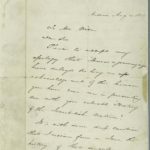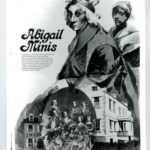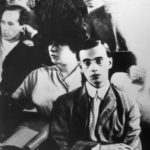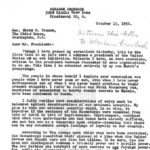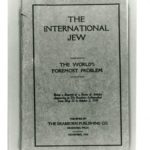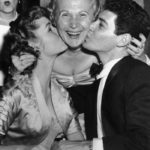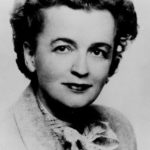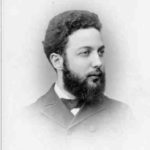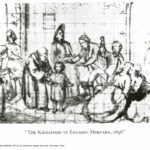_All Snapshots
How to use an Archive: Educator Guides
On August 4, 1854, the renowned abolitionist and famous author of Uncle Tom’s Cabin, Harriet Beecher Stowe (1811–1896), wrote a letter to Rabbi Isaac Mayer Wise (1819–1900) thanking him for sending her a copy of his recently published History of the Israelitisch Nation. She wrote, “It is with some deep emotion that I receive from…
Read MoreWithin six month of the founding of the Georgia Colony by James Oglethorpe in 1732, a ship carrying 42 Jewish settlers landed off the coast of Savannah. These Jews sailed from London, England, though most of them had Portuguese Jewish descent (refugees of the Spanish Inquisition), though there were among them two German-Jewish families, as…
Read MoreThe name Leo Frank (1884-1915) rose to fame for highly violent reasons. Accused in 1913 of murdering a thirteen-year-old girl who worked at the Atlanta National Pencil Factory (where Frank was a manager), a sensational and heavily flawed trial ensued. The body of Mary Phagan was found in the basement of the factory; most modern…
Read MorePerhaps you have heard the names Julius and Ethel Rosenberg, perhaps have heard of the charges hailed against them and the severity of the punishment they received at the hands of the federal government of the United States. Convicted for “conspiracy to commit espionage” in 1951, the U.S. government charged that the couple had passed…
Read MoreRabbi Judah Leon Magnes (1877-1948) is memorialized as a leader of Reform Judaism, a notable pacifist during WWI, and an advocate for a binationalist Jewish-Arab state during the years of the British Mandate of Palestine. Born in San Francisco, California, Magnes became one of the most widely recognized voices of American Reform Judaism in the…
Read MoreHenry Ford (1863-1947) is famous most generally for founding the Ford Motor Company, developing the assembly-line technique for mass production, and creating the first automobile affordable to middle-class Americans. He is relevant to Jewish studies, however, because he was hailed by many as an “antisemite.” But on what grounds? In the early 1920s, Ford sponsored…
Read MoreOn June 16, 1892, Jennie Grossinger was born to a Jewish family in the province of Galicia, at the time a region of Austria – though later incorporated into Poland, and eventually into the Ukraine. Jennie Grossinger and her family immigrated to New York’s Lower East Side in 1900, a reprieve from the antisemitism, pogroms…
Read MoreA member of the first graduating class of Hebrew Union College (HUC), David Philipson (1862-1949) attended HUC following a direct invitation from Rabbi Isaac M. Wise. Born to German-Jewish immigrants in Wabash, Indiana, Philipson proved a prominent scholar. He spoke six languages, including: English, Hebrew, German, Arabic, Aramaic and Amharic. Perhaps you have heard of…
Read MoreThe tale of the kidnapping of Edgardo Levi Mortara (1851–1940) is not an easy one to sit with; nor was it amenable to ears in the years it came to pass. The boy, Edgardo, you see, was a Jew. Born to Italian Jewish merchants in Bologna, Italy, in the year 1851, Edgardo lived and breathed…
Read More
